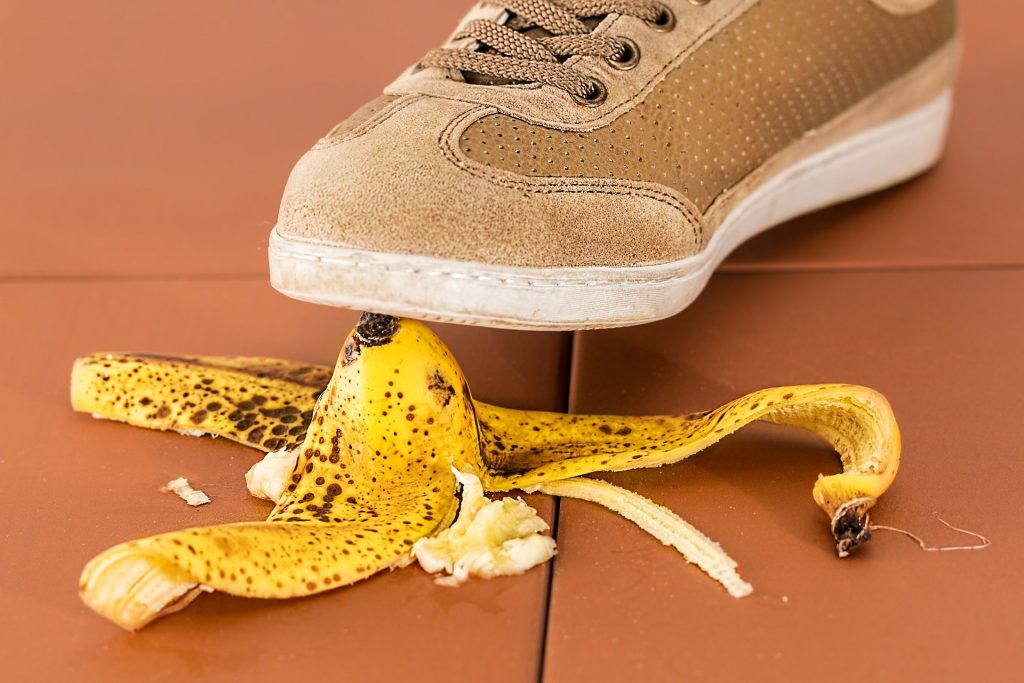- Call Us For A Free Consultation (877) 567-5293 Habla Espanol
How Do Workplace Slip and Fall Claims Differ from Other Types of Slip and Fall Claims?
Most ATV Accidents Are Avoidable. Stay Safe with These Tips
March 10, 2017What are the Three Classifications of FDA Recalls for Pharmaceuticals?
March 31, 2017
Slip and fall accidents happen every day, in all types of circumstances. According to the National Floor Safety Institute’s statistics, falls account for more than eight million visits to hospital emergency rooms every year, and represent the leading reason why people need urgent care. In most cases the injuries that result from falls are fractures. Though slip and fall accidents can occur in our own homes, while we are out in public or private property or visiting a business, many slip and falls take place in the workplace. Workers being injured in slip and fall accidents represent the most frequent reason for filing a workers’ compensation claim, and though they do not lead to as many fatalities as do other types of accidents, they are responsible for more lost days of work than any other type of injury. Though there is obviously no difference in the medical treatment of workplace slip and fall accidents as compared to those that happen in other environments, there is a big difference in how injury claims are handled. The reason for this is because of the existence of workers’ compensation benefits. Having a good understanding of these benefits provides a clear explanation of how workplace slip and fall claims differ from other types of slip and fall claims.
Workers’ compensation is a type of insurance coverage that nearly all American businesses are required to provide for their employees. It is a no-fault insurance policy that provides compensation for medical expenses and lost wages regardless of who is at fault for the injury. In exchange for employees not being able to file negligence lawsuits against their employers, the employers are expected to provide the promised benefits. Unfortunately, many employers and their insurers suspect that employees use the availability of workers’ compensation to claim benefits that they do not deserve, and this can lead to claims being denied.
Employees who have been injured on the job have a process to which they must adhere when they suffer a workplace slip and fall. This process includes submitting all of the proper paperwork, seeking medical attention and providing documentation regarding the injury that they have suffered and any disability that follows. If the employer denies the claim, the employee may need to seek out witnesses to support their claim.
Though workers who are injured on the job are not able to file personal injury lawsuits for workplace slip and fall accidents in the same way that victims of other types of slip and fall accidents can, that does not mean that they are limited to compensation they receive through workers’ comp. Injured workers may also be entitled to file claims against third parties whose negligence may have contributed to their accidents. This can include co-workers, equipment manufacturers, contractors and others. If you have been injured in a workplace slip and fall accident and need information about your rights, contact the attorneys at Malamut & Associates today. We are here to help.


